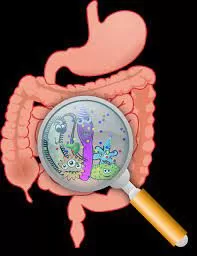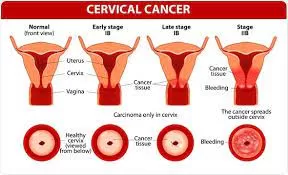
Recent research from the University of East Anglia suggests that the composition of bacteria in the stomach may influence the severity of diarrheal illnesses. Cryptosporidiosis, causing over 100,000 deaths annually, predominantly affects children under five and animals. A study in the journal Science indicates that large species, such as primates, with fewer bacterial varieties in their guts, are more severely affected.
The research highlights that introducing more diverse gut bacteria could enhance outcomes, diminishing both diarrhea and the potential for disease spread. Professor Kevin Tyler, leading the team at UEA’s Norwich Medical School, proposes that diet, probiotics, and fecal transplant therapy could be employed to target the disease by improving gut bacteria in both humans and animals.
Professor Tyler emphasizes the global impact of cryptosporidiosis, with outbreaks in low-income countries and a re-emergence in the UK and Europe. The current lack of human vaccines and limited effective drugs underscores the urgency of understanding factors that can improve outcomes during outbreaks.
The study, led by Professor Tyler and Georgina Hurle from UEA’s Norwich Medical School, examines the gut bacteria composition in mammals infected with cryptosporidium. They discovered that severely affected large animals, like cows, sheep, and primates, exhibited lower bacterial diversity in their guts. Importantly, introducing more diverse gut bacteria was associated with improved outcomes, reducing both diarrhea and the risk of disease transmission.
Hurle emphasizes that the severity of cryptosporidiosis is influenced by factors such as prior exposure, making adults less severely affected. The study suggests that modifiable factors like diet, probiotics, and therapies such as fecal transplant therapy can positively impact gut bacteria composition, offering novel and affordable approaches to reduce disease severity.
The research, titled ‘Microbiome diversity is a modifiable virulence factor for Cryptosporidiosis,’ is published in the journal Virulence.










